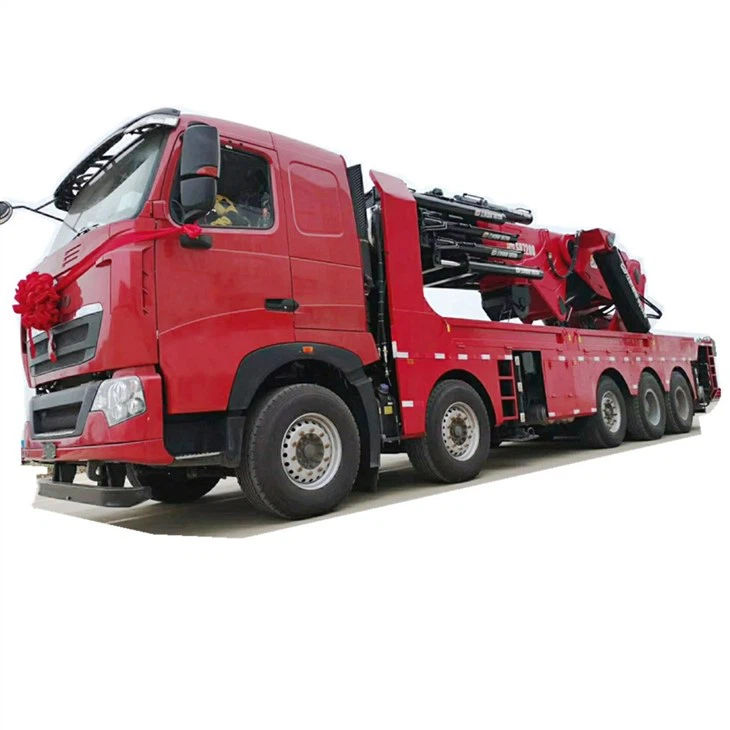Introduction
The automotive industry is undergoing a significant transformation with the increasing demand for electric vehicles (EVs). Among the innovative designs, the mini electric pickup truck has captured attention for its versatility, eco-friendliness, and efficiency. This article delves into the features, benefits, market trends, and practical considerations surrounding mini electric pickup trucks. Understanding these vehicles can help consumers make informed decisions as they look to embrace greener automotive solutions.
What is a Mini Electric Pickup Truck?
A mini electric pickup truck is a compact vehicle designed for utility, powered entirely by electricity. These vehicles combine the practicality of a traditional pickup with the energy efficiency of electric powertrains. Ideally suited for urban environments, mini electric pickups are designed to tackle tasks ranging from everyday commuting to hauling cargo.
Key Features of Mini Electric Pickup Trucks

- Compact size for easy maneuverability
- Electric drivetrain for zero emissions
- Versatile cargo space suitable for various uses
- Advanced technology integration, including smart connectivity
- Cost-effective operation and maintenance
Advantages of Mini Electric Pickup Trucks
Mini electric pickup trucks offer several advantages compared to their gasoline counterparts. Here are some key benefits:
1. Environmental Benefits
One of the most pressing issues facing the planet is climate change. Electric vehicles produce no tailpipe emissions, significantly reducing air pollution and our carbon footprint. Mini electric pickups contribute to cleaner urban environments, where pollution levels can be a major concern.
2. Cost Efficiency
Electric vehicles typically have lower operational costs compared to gasoline vehicles. Mini electric pickups can save money on fuel and maintenance over the vehicle’s lifespan. The following table outlines cost comparisons for fuel and maintenance:
| Expense Type | Gasoline Pickup Truck | Mini Electric Pickup Truck |
|---|---|---|
| Fuel Costs (Annual) | $1,500 | $500 |
| Maintenance Costs (Annual) | $800 | $300 |
3. Government Incentives

Many governments provide tax credits and incentives for electric vehicle purchases, which can significantly reduce the initial cost of a mini electric pickup truck. These incentives can vary by region and availability, so it’s important to check local policies.
4. Versatility and Functionality
Mini electric pickup trucks are designed to handle various tasks, from home projects to business applications. Their compact size allows them to navigate tight spaces, making them ideal for urban deliveries.
5. Advanced Technology and Connectivity
Modern mini electric pickups come equipped with advanced technology, including infotainment systems, navigation, and safety features. Many include smart connectivity, allowing drivers to monitor vehicle performance and range through mobile apps.
Popular Mini Electric Pickup Truck Models
As the market for electric vehicles expands, several manufacturers are introducing mini electric pickup trucks. Here are a few examples:
1. Tesla Cybertruck
The Tesla Cybertruck is a futuristic electric pickup featuring an angular design and durable exoskeleton. Its impressive range and powerful performance make it a top choice for electric pickup enthusiasts.
2. Rivian R1T
Rivian’s R1T is another innovative entry in the electric pickup truck market. With a spacious interior, advanced technology, and impressive off-road capabilities, the R1T is perfect for adventure seekers.
3. Ford F-150 Lightning
Ford’s F-150 Lightning brings the iconic F-150 series into the electric age. This truck combines familiar features with electric efficiency, making it a popular choice for traditional truck owners converting to electric.
Choosing the Right Mini Electric Pickup Truck
When selecting the best mini electric pickup truck, several factors should be considered to ensure it meets your needs:
1. Assess Your Needs
Consider how you will primarily use the truck. Will it be for personal use, business, or as a utility vehicle? Understanding your usage patterns can help narrow down your options.
2. Evaluate Range and Battery Life

Range is a critical factor for electric vehicles. Check the manufacturer’s specifications to ensure the truck can accommodate your typical driving distances without frequent recharging.
3. Review Charging Options
Investigate the available charging infrastructure in your area. Some mini electric pickups support fast-charging technology, making it convenient to charge during short stops.
4. Compare Features and Pricing
Compare the features of different models, including interior technology, safety ratings, and adaptability for cargo. Pricing can vary significantly based on the included features, so ensure you compare them effectively.
5. Test Drive
Before making a purchase, it’s essential to test drive the vehicle. This experience can give you a better feel for the truck’s handling and comfort level.
Practical Tips for Maintaining Mini Electric Pickup Trucks
Proper maintenance ensures the longevity and performance of your mini electric pickup. Here are some tips:
1. Regular Charging
To ensure battery health, follow a regular charging schedule. Most manufacturers recommend charging the vehicle regularly rather than letting it run down completely.
2. Software Updates
Stay updated on any software updates from the manufacturer. Many electric trucks receive over-the-air updates that can improve performance and functionality.
3. Tire Maintenance
Regularly check tire pressure and maintain proper inflation to maximize efficiency and ensure safe handling.
4. Brake System Checks
Regularly inspect the braking system, as electric vehicles use regenerative braking systems which differ from traditional braking systems.
The Future of Mini Electric Pickup Trucks
The outlook for mini electric pickup trucks is promising. As technology continues to advance and charging infrastructure improves, the adoption of these vehicles will likely increase. Automakers are investing heavily in research and development to create more efficient, powerful, and sustainable electric trucks.
Market Trends
Several trends point towards the future expansion of mini electric pickup trucks:
- Increased consumer awareness of environmental issues
- A rise in urban delivery services requiring compact vehicles
- Continuation of government incentives to promote cleaner vehicles
- Advancements in battery technology leading to longer ranges
Frequently Asked Questions (FAQs)
1. Are mini electric pickup trucks suitable for heavy-duty work?
While mini electric pickup trucks excel in urban utility and light-duty tasks, they may not be suitable for heavy-duty applications. It’s important to check the specifications and payload capacities before purchasing.
2. How long does it take to charge a mini electric pickup truck?
Charging times can vary based on the charger type and battery capacity. Typically, a standard home charger can take 8-12 hours, while fast chargers can provide an 80% charge in about 30 minutes.
3. What is the average range of mini electric pickup trucks?
Most mini electric pickup trucks offer a range between 150 to 300 miles on a full charge, depending on the model and driving conditions.
4. Do electric pickup trucks have lower maintenance costs?
Yes, mini electric pickup trucks generally have lower maintenance costs due to fewer moving parts and no need for oil changes or traditional fuel pump services.
5. Are there any government incentives for purchasing mini electric pickups?
Many regions offer tax credits, rebates, or grants for purchasing electric vehicles. It’s advisable to check with local authorities for any applicable incentives.
6. Can a mini electric pickup truck tow a trailer?
Most mini electric pickup trucks can tow light trailers, but it’s essential to check the specific towing capacity listed by the manufacturer for each model.


